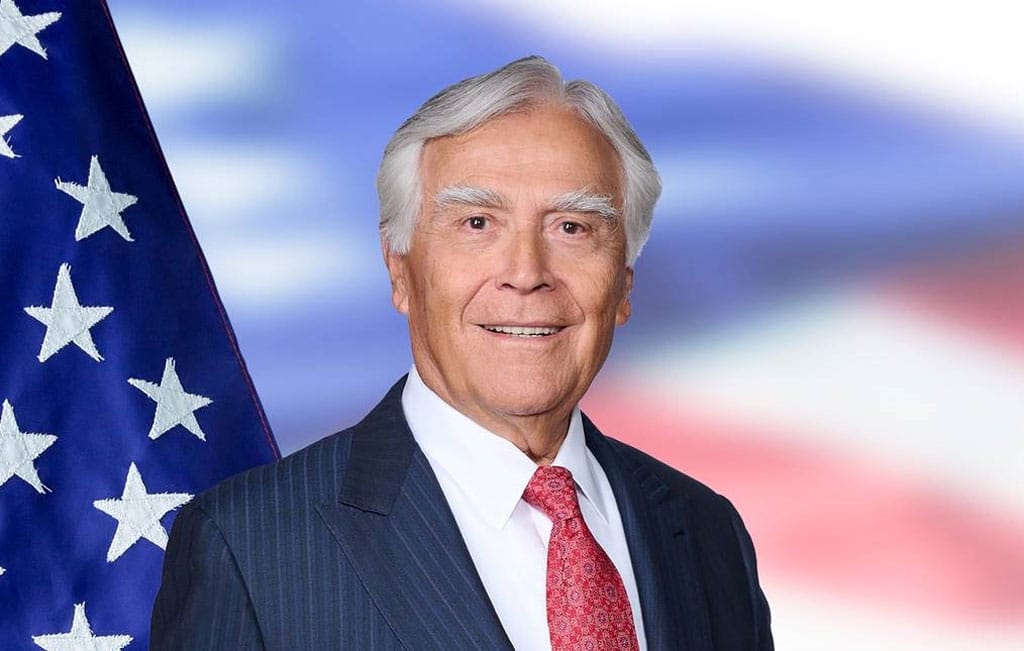Learning Business Success in A Rural Greek Village

I’m not from here.
I grew up in a village of seventy houses halfway up a rocky mountain on an island not far from Athens. It was, in many ways, a typically idyllic Greek location. I would wake in the morning before sunrise to run up the mountain to check on our sheep, spend my days helping with whatever chores I’d been given, and watch the sun set over the ocean that glistened and gleamed in the distance below.
These experiences shaped me in so many ways. My work ethic, my view of community, my appreciation for the natural world, they all have their roots in the early mornings, hardworking afternoons and peaceful moments being awed by the beauty of the world around me.
Life in my little village was about as far away from America as possible, yet I was impatient to leave. Even as a young child I knew that my future lay not in the hills above Karystos or the calm waters between the island of Evia and the mainland. My life was going to be played out on the other side of the world. That much I was certain of.
In some ways I was right—I did leave Greece, and my future was exactly where I hoped it would be. But Greece did not leave me. The lessons I learned up on the mountainside were just as applicable to life in offices and factory floors in America.
Of course, it took a while to realize this. When I was twelve, I left the village, and by the time I was eighteen, I saw American streets and cars and restaurants and hi-rises and train stations for the first time. It was a wonder to me, like I’d been transported to another world entirely. America was everything my little Greek village was not, and for a time I put home far from my mind.
But as soon as I made my first steps in business, all that changed. I found myself thinking back to my childhood. I started drawing inspiration from it. I returned to the lessons I’d been taught out there among my neighbors and found that they were just as important and applicable to my new life—maybe even more so.
Years later, I can see three distinct lessons learned from my childhood in rural Greece:
I realized that getting along with people wasn’t an option, but a bankable business asset. Back in the village if I saw someone’s sheep had wandered off, I would round them up and bring them home. If I was going down to the town, I would tell my neighbors and offer to bring anything back with me that they wanted. If I was going to the spring for water, I would expect to bring back more so that my neighbors would not have to visit the spring themselves, and at harvest time we would unite as a single labor force.
I did all this as a matter of instinct, and my neighbors did the same for my family too. It was how we were wired, how we were expected to behave. We might not have been related by blood or marriage to our neighbors, but we cared for each other all the same.
I learned how to solve problems. Up in the village there were no real stores and no real sign of government in action. We were our own community, and self-sufficiency was required in all aspects of life. From medicine to construction, farming to disagreements among us, we were raised to figure things out. If there was a problem, it was on us to solve it. Sure, there were times when we needed outside expertise and training, but most problems we could fix ourselves. All we had to do was learn how to analyze the issue, listen to the wisdom of others, and work together to fix it.
Then there was food. We ate well in the village, and it seemed like almost every activity was an excuse to eat together. Sometimes it would be everyone from the village, sometimes just our close neighbors, but if we’d just worked together to successfully harvest some olive trees, or been able to help someone complete their construction project, we’d almost always end up eating together at the end. It fed our bellies and our hearts at the same time.
These lessons became an integral part of my business model, and are key to the advice I offer anyone starting out in business today:
- Deliver the best products and pay the best wages in the market to the best staff you can find.
- How you treat your employees is the biggest factor in how your business performs. Your business will only truly succeed when everyone is invested in winning.
- Food is a great uniter and an easy way to build a team. Take every opportunity you can to eat together, and make sure you pick up the check.
Everything I learned in the village taught me that we’re not made to exist alone and that we’re better when we’re connected. Relying on each other isn’t a sign of weakness, but a direct route to maintaining good relationships.
Written by George E. Danis.
Have you read?
The World’s Best Medical Schools.
The World’s Best Universities.
The World’s Best International High Schools.
The World’s Best Business Schools.
The World’s Best Fashion Schools.
The World’s Best Hospitality And Hotel Management Schools.
Bring the best of the CEOWORLD magazine's global journalism to audiences in the United States and around the world. - Add CEOWORLD magazine to your Google News feed.
Follow CEOWORLD magazine headlines on: Google News, LinkedIn, Twitter, and Facebook.
Copyright 2025 The CEOWORLD magazine. All rights reserved. This material (and any extract from it) must not be copied, redistributed or placed on any website, without CEOWORLD magazine' prior written consent. For media queries, please contact: info@ceoworld.biz








